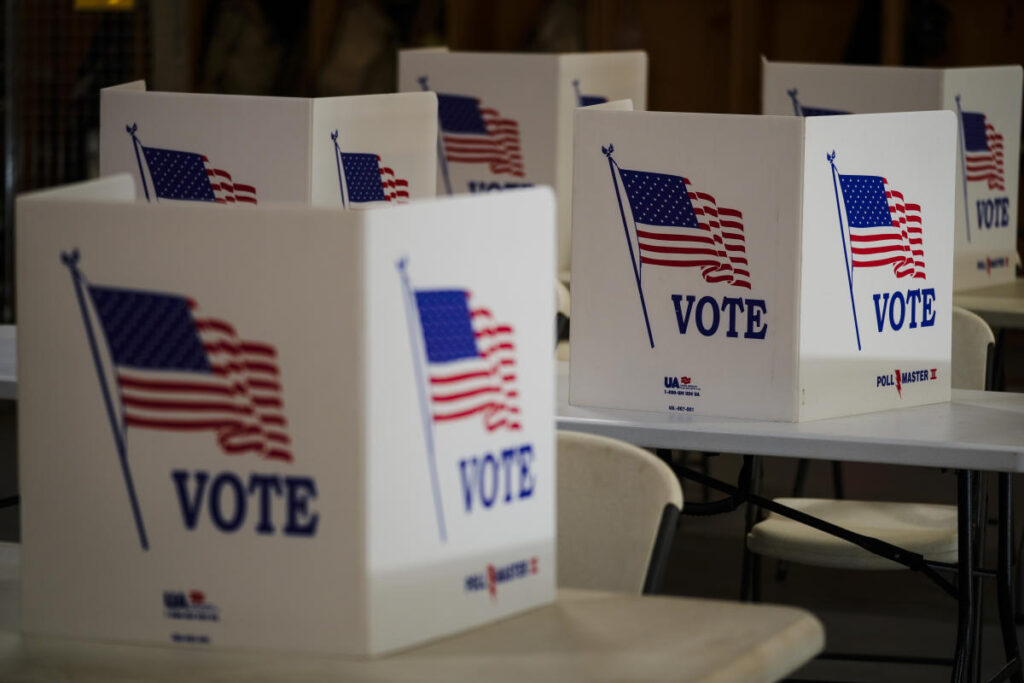Veterans advocates are raising alarms over recent legal challenges initiated by Republican entities regarding overseas voting laws, arguing that these efforts could potentially disenfranchise service members stationed abroad who wish to participate in the upcoming election. During a media roundtable held by the Vet Voice Foundation, which is aligned with the Democratic Party, officials sharply criticized lawsuits filed by the Republican National Committee in states such as Pennsylvania, North Carolina, and Michigan. These lawsuits express concerns about the integrity of overseas ballots, claiming that some may be fraudulent and questioning the processes in place to verify these votes. The specific challenge in Pennsylvania points to alleged exemptions from verification requirements for overseas voters, suggesting that these actions could undermine the electoral process.
Six Republican members of Congress from Pennsylvania have lent their support to the legal challenge, with Rep. Guy Reschenthaler expressing that the current procedures could result in “unlawfully diluting” the votes of military personnel and their families. Echoing the sentiments prevalent among the Republican ranks, former President Donald Trump asserted that Democrats might manipulate the voting system benefiting military and overseas ballots. However, officials from the Democratic Party and advocates for veterans assert that their intent is not to obstruct overseas military votes and maintain that the lawsuits should not impede the voting process.
Critics on the Democratic side have pointed out that the Republican Party has failed to furnish any evidence substantiating their claims of fraud within the overseas voting framework. They argue that the lawsuits serve a dual purpose—first, to generate confusion around the voting process and, second, to sow distrust in the electoral system, particularly targeting service members who are required to safeguard democratic principles. Janessa Goldbeck, CEO of the Vet Voice Foundation, emphasized that both parties engage in thorough verification processes to ascertain the accuracy of votes, lamenting that baseless allegations can erode public confidence in elections while adversely affecting those who have dedicated their lives to the defense of the Constitution.
The legal wrangling comes against the backdrop of the Uniformed and Overseas Citizens Absentee Voting Act, enacted in 1986. This legislation mandates states to establish mechanisms for military personnel, their eligible family members, and overseas citizens to vote absentee in federal elections, thus aiming to ease the voting process for those unable to return home. With nearly three million U.S. citizens residing abroad eligible to cast a ballot in the November 2024 elections, it is worth noting that participation in previous elections has been disappointingly low; only 4% of eligible overseas voters participated in the 2022 U.S. elections.
State laws governing absentee ballots vary, but a common requirement is that ballots must arrive by Election Day to be counted. Goldbeck reassured that all states, including Pennsylvania, have stringent regulations in place overseeing voter registration, verification processes, and ballot transmission, underscoring that the suggestion of a lack of oversight is unfounded. This diligence aims to ensure that only qualified citizens participate in the electoral process and that their votes are securely counted.
As the election date of November 5 approaches, the situation remains fluid, with the vast majority of overseas ballots already dispatched. It is uncertain whether the ongoing lawsuits will be resolved in time to impact voting procedures. The courts’ decisions could bear significant implications for the legitimacy of elections and the enfranchisement of service members overseas, posing critical questions about the intersection of legal challenges, military voting, and electoral integrity in the current political climate.

